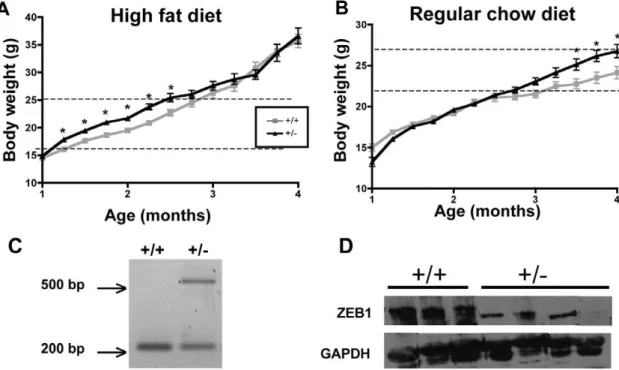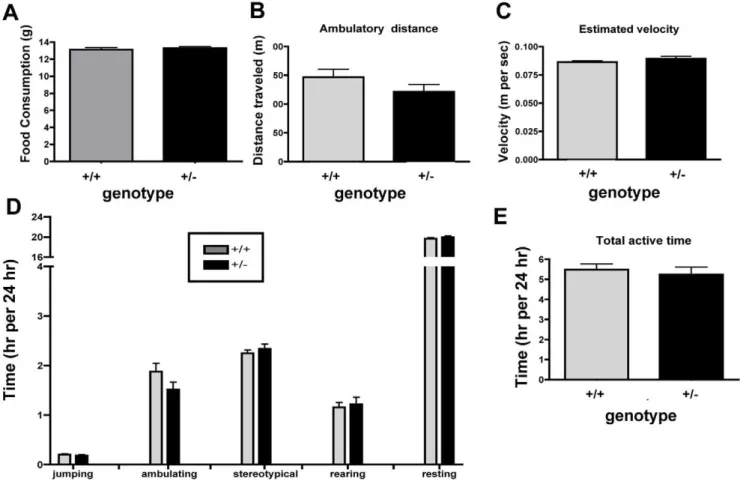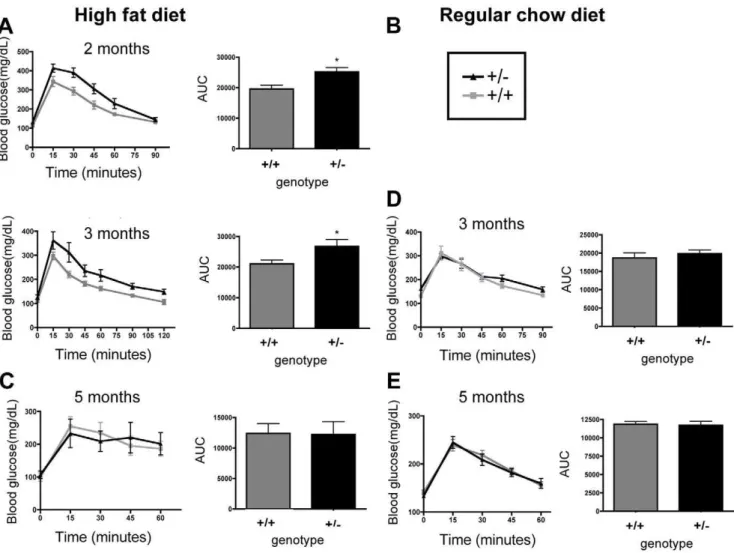The ZEB1 transcription factor is a novel repressor of adiposity in female mice.
Texto
Imagem



Documentos relacionados
In this study, we used immunohistochemistry to study the expression of a panel of transcription factors (TWIST1, SNAI1/2, ZEB1 and ZEB2) and other genes intimately related to EMT
USC = uninfected mice fed standard chow; ULC = uninfected mice fed low-protein chow; IUSC = infected untreated mice fed standard chow; IULC = infected untreated mice fed
Male Wistar rats aged three months were divided into four experimental groups according to the lipid content of their diet: SC (standard chow, n=9), HF-S (high fat diet rich
2: correlation between the number of Schistosoma mansoni eggs passed in faeces and the number of worm pairs recovered from mice fed high-fat diet (A) or standard diet
This study presents methods to predict the current condition of machines using training data collected from various normal and fault modes on the same machine or substantially similar
To study the effects of olanzapine on the gut microbiome, 24 six-week-old female C57BL/6J mice raised on regular mouse chow in conventional conditions consumed a high-fat diet for
Analysis of the adipose tissue gene expression revealed that the mRNA levels of adiponectin and interleukin- 10 were significantly higher in chow diet-fed Tg mice as compared to
We have previously characterized the reproductive effects of a hypercaloric, high fat/choles- terol/fructose diet fed long-term (13 months) to multiparous, adult female
hus, ater consuming a high-fat diet, mice were submitted to chronic swimming training or a 30% caloric restriction in order to investigate the efects of both interventions on